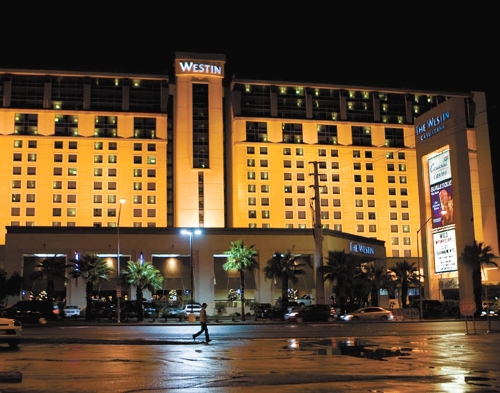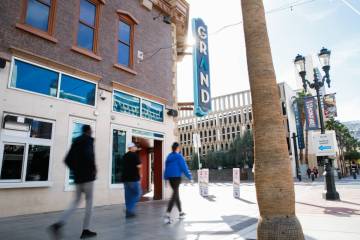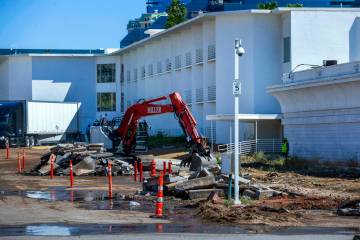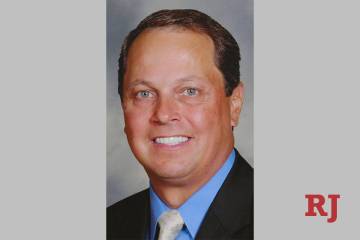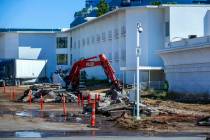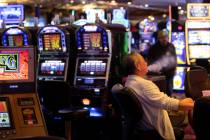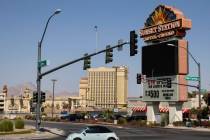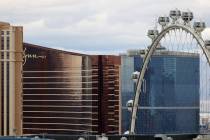Westin changing hands
The off-Strip Westin, hit by recession and heightened competition, is in foreclosure and expected to revert to the lender without a fight.
According to monthly status reports by CWCapital Asset Management, a workout adviser enlisted by the lender in March, discussions concerning the property's gaming license, what to do with the Westin franchise and appointing a receiver are under way. Foreclosure was initiated when CWCapital came into the picture, but no deadlines have been set.
CWCapital, which does not comment on cases it handles, represents an investment fund known as a commercial mortgage backed security that was originally set up by Wachovia Bank. Last year, Bank of America took over as trustee of the fund, which holds the $160 million loan now in default.
Once ownership changes, it is not clear who would hold the gaming license for the 826-room property and its 10,000-square-foot casino with slots and table games.
William Yung, CEO of owner Columbia Sussex Corp., and general manager Sig Ortloff did not return calls seeking comment.
The Westin was a part of the nationwide acquisition spree Yung undertook earlier in the decade that came to include the Tropicana, which he lost in a Chapter 11 bankruptcy case. He has lost control of several other properties as well.
Yung bought The Westin for $38 million in 2002, then launched a $42 million renovation that led to a reopening one year later. In doing so, he secured a Westin franchise for what had been the independent Maxim, which opened in 1977 two blocks off the Strip. He then tried keeping a casino in a brand that caters to upscale business clients.
During the boom years, the concept panned out. Yung obtained an appraisal in 2005 valuing The Westin at $240 million, according to a report compiled by the New York data research service Trepp LLC. This served as the platform for refinancing the property at $160 million.
But as the economy turned, so did the financial results. During the 12 months ended September 2009, the most recent numbers available, revenues of $30.7 million marked a 38 percent drop from the peak year of calendar 2007. Net operating income dropped by half during the same period to $9.6 million, no longer enough to cover debt service.
Both rate and occupancy -- well below the city's average at 61 percent in March -- have dropped because of "the economic challenges presented by the lodging industry in Las Vegas along with significant new room inventory making the situation even more difficult," according to the report.
An appraisal conducted in May slashed the value to $90.3 million, well below the $148.5 million still owed on the mortgage.
Off-Strip properties such as The Westin prospered during the boom when occupancy ran 90 percent by drawing the overflow from the Strip, said Chris Colwell, a senior vice president of the consultant Fine Group.
Now that demand has fallen, Strip hotels are not turning people away, he said. Strip room rates have fallen in tandem.
"The value proposition for places like Westin is much smaller because rates have fallen so much," Colwell said. "Rates have started to level, out but at a much lower level. So The Westin feels like a nice, upscale business hotel that is lost in the shuffle."
When it opened as the Maxim with 412 rooms, it was touted as the first hotel financed entirely by sources within Nevada. Since then, it has gone through at least one bankruptcy and foreclosure and had closed briefly before Yung's purchase. Previous owners had enlarged the property at various times.
Contact reporter Tim O'Reiley at
toreiley@reviewjournal.com or 702-387-5290.



